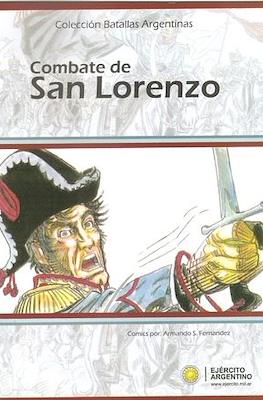

Wightman, a preliminary question related to Brexit referred to the CJEU by the Scottish court of appeal despite the opposition of the British Government, and Cherry / Miller 2, the case in which the same Scottish court of appeal found that the suspension of Parliament brought about by PM Boris Johnson was illegal, raise a number of questions: in the context of Scottish legal nationalism, and the original lack of appetite of Scottish judges for preliminary references or constitutional boldness, what makes these two cases special? Could this continuation of politics in the courtroom pave the way for more decisions from Scottish judges in the event of a second independence referendum? And finally, does choosing Scotland to spearhead political litigation actually reveal a deeper governance problem in the UK? Legal Volksgeist and Scottish Judges However, conversations with EU specialists Sir David Edward QC, former UK judge before the CJEU and Robert Lane, Senior Lecturer in EU Law at the University of Edinburgh, have always hinted at the fact that Scottish judges were anything but a rebellious or subversive crowd.

Both cases bore ground-breaking implications and were first filed in Scotland. Ģ The notion of continuing politics in the courtroom with the strategic choice of Scotland as the fighting pit emerged with two recent cases: Wightman and others before the Court of Justice of the European Union (CJEU) in December 2018 and Cherry / Miller 2 before the Supreme Court of the United Kingdom (UKSC) in October 2019. 1 However, just like the petitioners in the MacCormick case stressed that they were making a constitutional point but meant no disrespect to the Queen, Scottish judges have always adhered to an unobtrusive judicial restraint, keeping a neutral stance on politically loaded legal issues 2. 2 Judicial restraint is defined by Britannica as a principle that “urges judges to refrain from decid (.)ġ Any law student in the UK (certainly any in Scotland) can quote the famous lines from MacCormick v Lord Advocate (1953), the epitome of a meaningful obiter dictum, with far greater import than things said just in passing.

In this case, nationalists John MacCormick and Ian Hamilton brought an action aga (.)


 0 kommentar(er)
0 kommentar(er)
